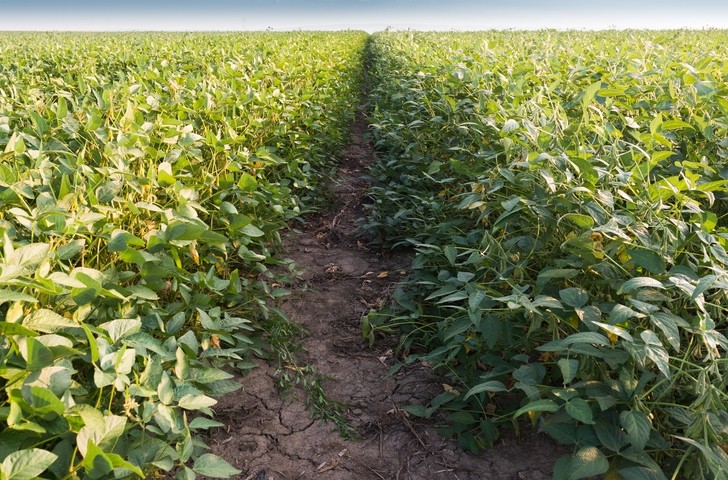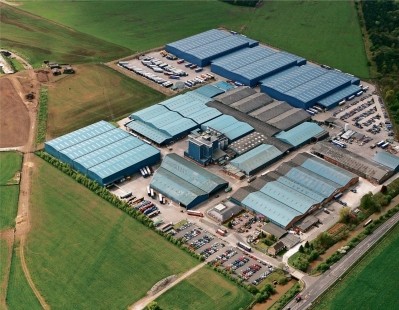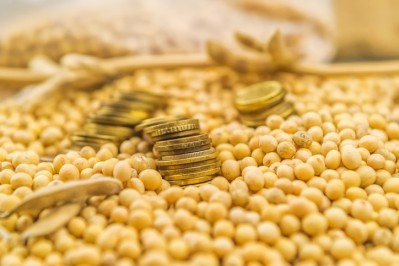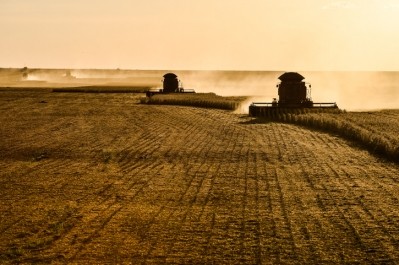Sustainable soy sourcing: ‘Retailers and food service companies have a powerful influence with upstream players in their supply chain’

FeedNavigator: Has the feed industry shown itself, either through trade representatives or as individual companies, to be proactive in the move to more responsible soy and palm oil derivative sourcing in 2017?
Timmers: There have been some small movements towards more responsible soy production by the feed sector but there is a lot more to be done and we know it is possible to do so.
The Amazon Soy Moratorium remains a strong and leading example of a whole sector coming together to drastically reduce commodity driven deforestation and protect an important ecosystem, all while continuing to increase production. All supply chain actors, including the traders and feed companies were part of the Soy Moratorium, which committed to exclude any soy produced on areas cleared after 2006. This commitment saw deforestation in the Amazon drop from around 25% to less than 1%.
Initiated in 2006 and extended indefinitely in 2016, the Moratorium has been a great success but unfortunately has resulted in some ‘leakage’ of soy production to the rich and incredibly biodiverse Cerrado savanna regions and other biomes like the Chaco that don’t have the same commitments and are being cleared at a rapid rate.
We need the feed industry that consumes a massive 70% of the soybeans produced to step up to take responsibility to protect this unique habitat.
"There have been some small movements towards more responsible soy production by the feed sector but there is a lot more to be done and we know it is possible to do so."
FeedNavigator: How has the WWF been working with the feed industry to accelerate more responsible raw material sourcing and what is planned in this regard for 2018?
Timmers: WWF engages with actors at all stages in the supply chain as we recognize that a holistic and binding solution is best achieved when we all work together. Supply chain actors at every stage must take responsibility for their actions and play their part in accelerating responsible soy production.
This year, over 60 leading Brazilian researchers and social and environmental organizations issued a collective and urgent call to the market to take immediate action to protect the Cerrado, which is being cleared for agriculture, primarily driven by soy and beef production.
This call, the Cerrado Manifesto, points out that between 2013 and 2015 we lost nearly 19,000 square kilometers of the Brazilian Cerrado - that is an area the size of Greater London being destroyed every two months during this period. The Cerrado acts as a major water provider and climate regulator for the region as well as an important carbon store and biodiverse habitat globally and we so cannot afford to lose much more.
FeedNavigator: What level of influence do retailers, processing companies or food service operators have with upstream players in terms of responsible soy production and purchasing?
Timmers: Engagement with the retailers, manufacturers and food service sector is key. They are the companies with the brand recognition who are on the front line with the public and that can have a powerful influence with upstream players in their supply chain, particularly when they come together with a joint message.
In October of this year, at a high level event in London co-chaired by the Prince of Wales and Unilever, 23 of the world’s largest food companies announced that they would work together to halt deforestation in the Cerrado in a formal response to the Cerrado Manifesto. This has now increased to 26 companies and is beginning to build a movement and send strong market signals that collective action is needed to protect this vital habitat.
Research demonstrates that deforestation is not only harmful, but it is also unnecessary. There are more than 150,000 square miles of Brazilian land that have already been cleared and can be used to produce soy. Raising cattle more efficiently would free thousands more square miles of land to meet future demand without losing another tree.
WWF will be working with these signatories and others to set out clear pathways forward to make this pledge a reality and we expect more progress in 2018.
Along with the National Wildlife Federation (NWF) and The Nature Conservancy (TNC), we are also working on the Collaboration on Forests and Agriculture (CFA) project. The CFA, with funding by the Gordon and Betty Moore Foundation, is aiming to move towards eliminating deforestation and habitat conversion associated with soy and beef supply chains from the Amazon, Cerrado and Chaco biomes in South America and, thereby, eliminate over 35% of global tropical deforestation.
The project involves a network of strategic partners and seeks to engage the whole sector to achieve joined up, practical and affordable mechanisms to achieve zero-conversion soy and beef supply chains and all interested players are encouraged to engage.
FeedNavigator: Is regional soy production in Europe a way of reducing deforestation and destruction of biodiverse regions and do you see that trend growing?
Timmers: Europe is the second largest importer of soy after China and so it will never be able to meet its demand from European grown soy. While it is an option to diversify and supplement demand in some European countries, it will not help to tackle deforestation and habitat loss in South America.
As a key market and the headquarters of many global, influential and large soy using companies, it is important for European companies to engage in and work with the supply chain to take the right steps to make deforestation-free soy mainstream. This includes staying put and working with some of the problematic regions that are being cleared, to help drive change.
We have more data and information than ever before that show us that it is entirely possible to decouple deforestation from production, what we need now is the will and the action to make it happen.












